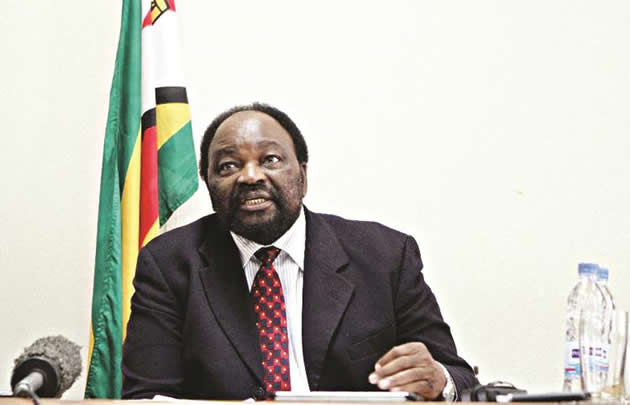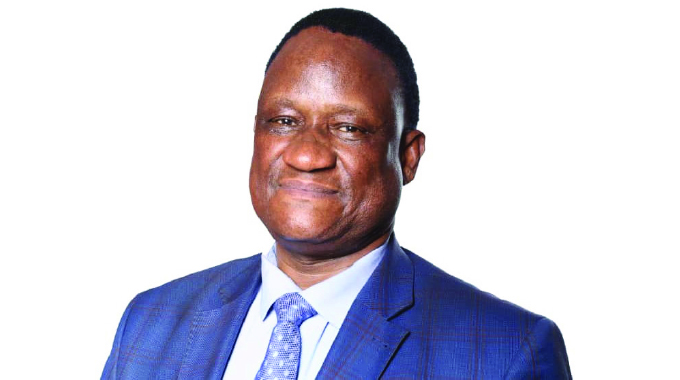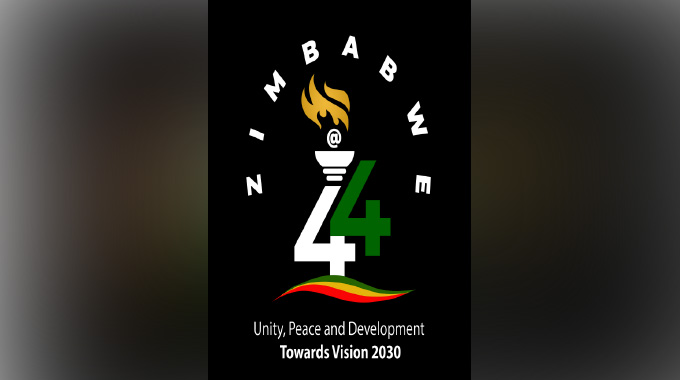EDITORIAL COMMENT: Act on tobacco sector espionage urgently

The skulduggery of the old guard in the local tobacco beneficiation sector came to the fore once again on Friday. Vice-President Emmerson Mnangagwa was told during a tour of the Savanna Tobacco processing facility in Harare, that some security agents are abetting the continued and unfair dominance of multinational companies, British American Tobacco and South African tobacco firms, in sabotaging local cigarette manufacturers in corporate espionage that allegedly also involves Zimra officials.
The conspirators are accused of getting massive kick-backs to harass and impound cigarettes bought by foreign buyers under a purported anti-illicit cigarette campaign. Because of this, the buyers now shun local cigarette manufacturers and opt for countries such as the United Arab Emirates.
BAT was again named in the alleged corporate scam which they vehemently deny. We know, however that the company has a bad reputation. It appeared in court in South Africa over overt support for cigarettes smuggling rackets and was fined in Belgium last year after it was found guilty of espionage.
Savanna lost R150 million to organised hijackings of cigarette consignments in 2011, allegedly perpetrated by its local and South African rivals. Other local companies, among them Breco, Tadnet and Cutrag were also hit in the same way.
Two officials from TICOZ Protection Services, a local private investigation company, were arrested in 2013 after they were accused of supplying information that led to the robbery of Savanna trucks carrying cigarettes worth over R5 million.
VP Mnangagwa said government would not allow foreign businesspeople to exploit locals, adding that the sabotage militated against value-addition and beneficiation as espoused in the government’s economic blueprint, Zim-Asset.
“Because the allegations are there, they ought to be investigated,” he said. “We would want our people to interrogate these allegations to make sure we remove them, if they’re there. Industrial espionage must be dealt with because it has constrained our own growth and by doing so, it also denies revenue to our fiscus. This is happening, yet themselves (foreign companies) are using our tobacco outside there, creating jobs and revenue. We would want maximum benefits from products grown in our country.
“I think we need to protect our own industries. I’m told the tobacco industry in Zimbabwe isn’t growing as much as we would wish it to grow because of the bigger boys who would want to make sure that upcoming businesspeople in this industry are constrained to expand.”
We agree that there is nothing wrong for a company to gather intelligence on the market and general operations of its competitors. It can help in improving the quality of a company’s products and services for its own benefit and that of economies. However, there is everything wrong when a company incorporates mafia tactics to actually organise armed robberies of opponents’ stock as well as corrupting officials in strategic government arms to prevent competitors’ access to the market.
When some of these companies behave like this, they make many who know their history quite uncomfortable. We know that some dominant forces in the tobacco processing sector grew to be what they are today on blacks’ cheap labour and a colonial system that was geared towards creating a monopoly in them.
Now that the country has been liberated, as well as economic liberalisation that it introduced, they still seek to go ahead with their unfair stranglehold by emasculating black-led tobacco processors who are most honestly out to grow their businesses and compete fairly.
Adam Molai, Savanna Tobacco executive chairman has always fought to ensure a freer market against the more resourced and connected monopolies. They pretend to be advocates of free business, with their owners being westerners and South Africans, Africa’s doyen of capital. It transpires, however, that the companies are only charlatans working to prevent the growth of the same markets. They don’t believe in the principle of free markets. They only believe in them in word, not in deed.
We support Molai in his efforts to ensure a cleaner business environment and we implore the government to redouble efforts to ensure that this happens. The government has a responsibility to remove market imperfections and to forestall the growth of unfair business.
We have a word for locals who are prepared to be used in this dirty business. They should be exposed and heavily punished. They must understand that economic crimes in some countries are serious crimes that carry huge penalties. That must happen here as well.
We are glad VP Mnangagwa was very strong in his attack of the bad business being practised by the old guard. We expect corrective action.









Comments